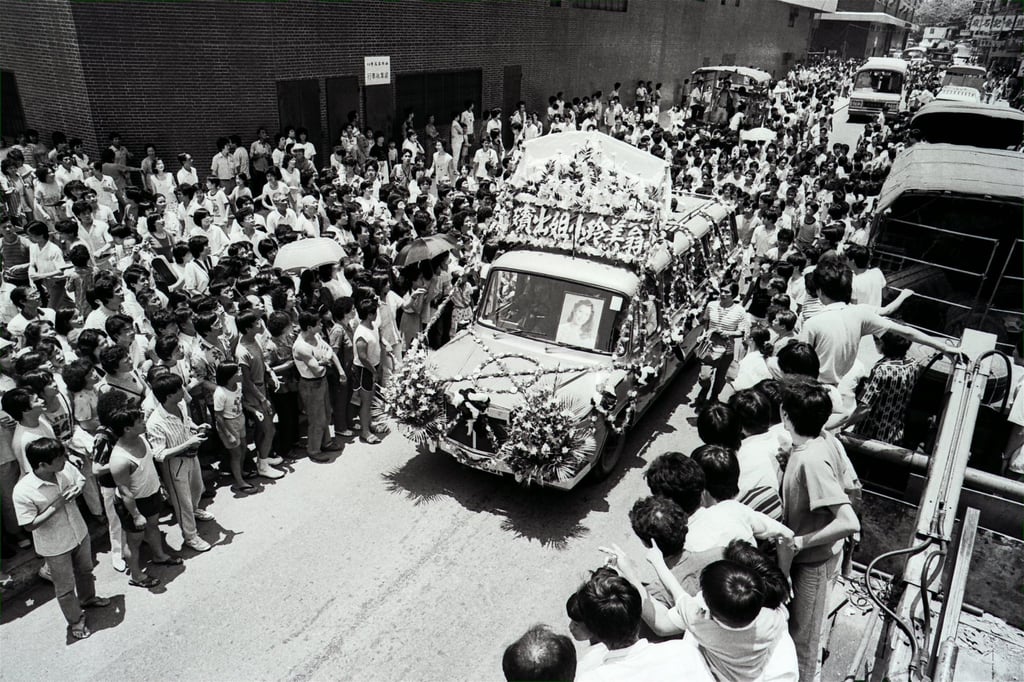Then & Now | Hong Kong suicides through history – from jumping into the harbour to eating poison to leaping off buildings
- Hong Kong has always been an unforgiving place to live, and throughout history, the deprivation and overcrowding have worn down its citizens
- Methods of taking life may have changed over time, but the need for prevention and counselling remains as urgent today as it has ever been

From Hong Kong’s earliest urban beginnings, the city has been a hard, unforgiving place. Unending pressures of daily life, grinding poverty, soul-destroying deprivation, perennial overcrowding, deep-seated personal unhappiness – the list of ultimate causes that cumulatively drive individuals to end their own lives has not changed significantly over time.
And when, their own endurance stretched beyond breaking point, individuals reach a moment of awful clarity, and decide, once and for all, to throw in the sponge and have done with their troubles, who can blame them?
Extended periods of political upheaval – as Hong Kong has experienced in recent years – with tensions exacerbated by long-unresolved socio-economic issues, followed by pandemic-induced business closures, extreme financial pressures and insoluble personal difficulties, inevitably lead to an increase in the daily number of suicides. Methods deployed have varied over time. Newspapers listed suicides in brief terms; coroner’s reports later provided more details about circumstances that culminated in a successful attempt.
Well into the 20th century, those utterly determined to succeed in their attempt usually threw themselves into the harbour. Deeply ingrained Chinese superstitions against saving the life of someone seen doing this – and thereby taking on that person’s own misfortunes should they survive – meant that bystanders (even a few metres away) would willingly watch another drown; no attempt whatsoever would be made to rescue them.

Among women, the most widespread suicide method was swallowing diluted caustic soda, usually Lysol, or another proprietary drain cleaner; most households had a bottle handy somewhere, which made sudden decisions tragically easy to act upon. Almost invariably fatal, the person nevertheless died in dreadful agony. Deliberate self-poisonings through barbiturates and other sleeping pills also became widespread as their availability increased in the post-war years.
